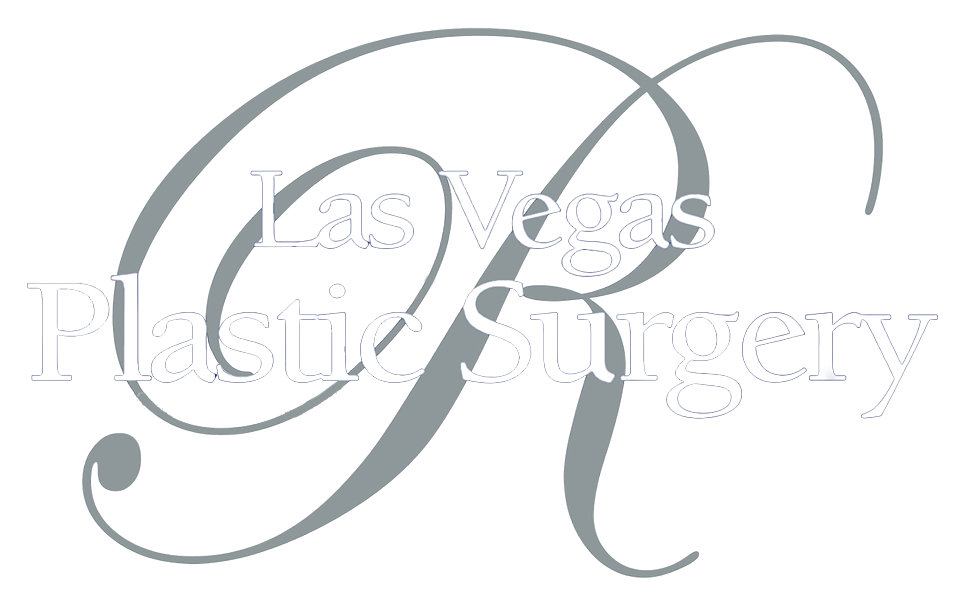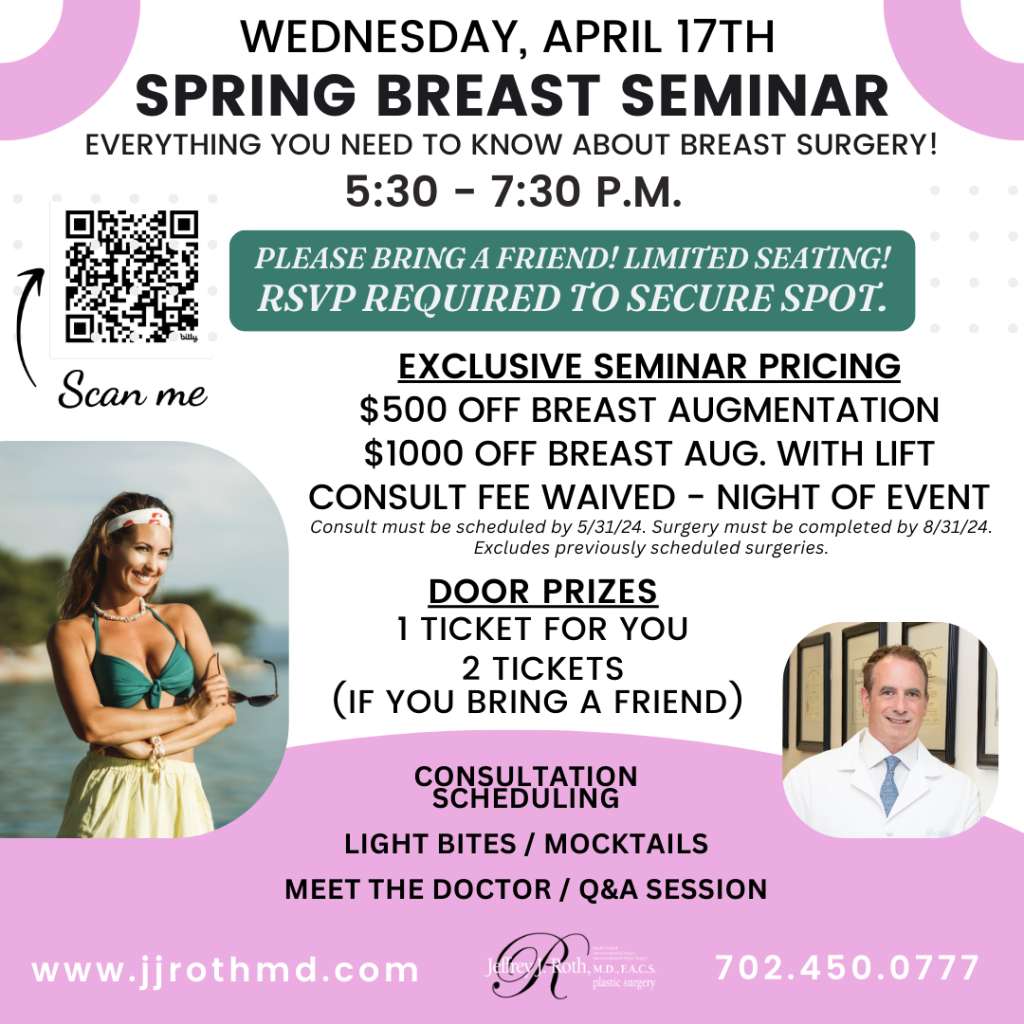Las Vegas Plastic Surgery
As if one needed another reason to not go abroad for elective surgical treatment, the identification of a new “superbug” has recently been reported among medical tourists who traveled to Asia. “Superbug” is a bit of a misnomer. The superbug bacteria is a common one, E. Coli or Klebsiella pneumonia. However, this bacteria happens to have acquired a gene, NDM-1, that secretes an enzyme that destroys most antibiotics, including those usually saved as a last resort for treatment. The NDM-1 bacteria has been found to be susceptible to a few older antibiotic treatments.
As reported in the noted British medical journal, The Lancet, 29 patients in the United Kingdom were identified with the new strain of bacteria. Most of the patients had traveled to India, Pakistan, or Bangladesh for medical procedures, including medical tourists who received elective cosmetic surgery. There were also dozens of patients from Asia who were identified with the particular strain. The new strains are mostly confined to hospitals, and are a concern only for people receiving medical care or plastic surgery in those regions.
The Lancet authors concede the growing popularity of travel for medical purposes, including patients who seek elective plastic and cosmetic surgery procedures abroad. They warn that such travel should be discouraged; noting the establishment of bacteria with the NDM-1 strain around the world is a “clear and frightening” possibility.
There are many safe, reliable,and skilled medical surgeons and facilities around the world. Infections can happen anywhere, even under the best of circumstances. They are a known risk of surgery. This is why so many precautions are taken prior to any surgery or procedure and why members of the American Society of Plastic Surgeons (ASPS) and the American Society of Aesthetic Plastic Surgeons (ASAPS) only operate in certified surgical centers. With multiple levels of prevention, surveillance, and when needed, intervention, these certified facilities undergo constant scrutiny to make them as safe as possible for patients. Unfortunately, these health and safety regulations are not always present in medical facilities across the globe, and this places medical tourists traveling to under-developed countries for surgical procedures at a considerable risk for infection or illness.
Jeffrey J. Roth, M.D., F.A.C.S.
(702) 450-0777www.jjrothmd.com
References:



